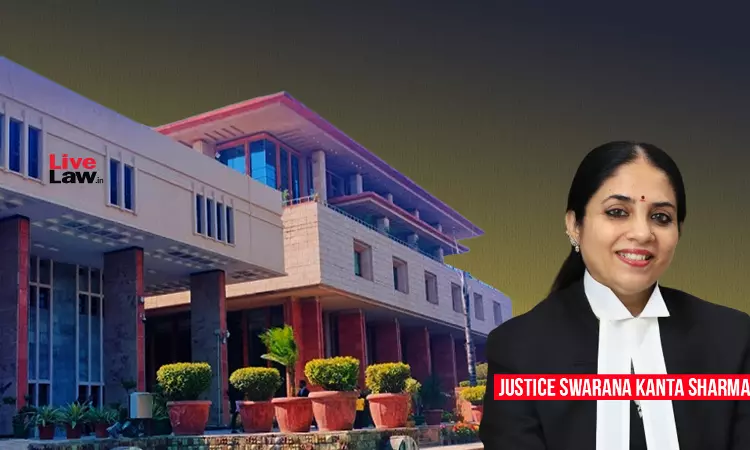Convict Without 'Permanent Residential Address In Delhi' Not Barred From Getting Furlough: High Court
Nupur Thapliyal
5 Dec 2024 1:45 PM IST

Next Story
5 Dec 2024 1:45 PM IST
The Delhi High Court has recently ruled that a convict without a permanent residential address in the national capital cannot be barred from being granted furlough. “Therefore, taking into account the relevant rules stipulated in the Delhi Prison Rules, this Court concludes that there is no rule or condition that a convict-prisoner, not having a permanent residential address in Delhi, would...
